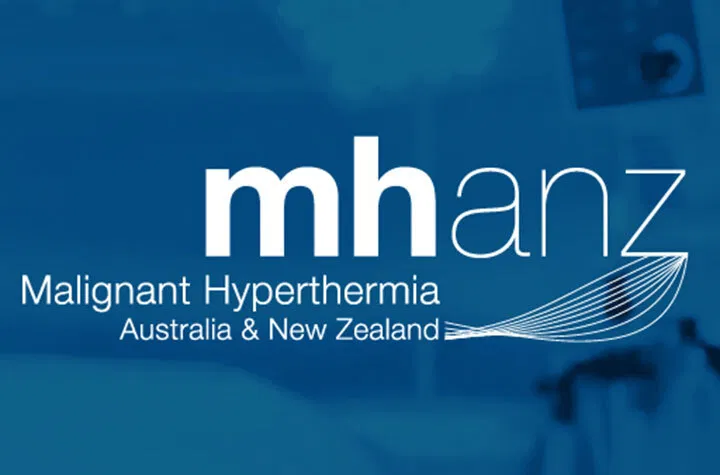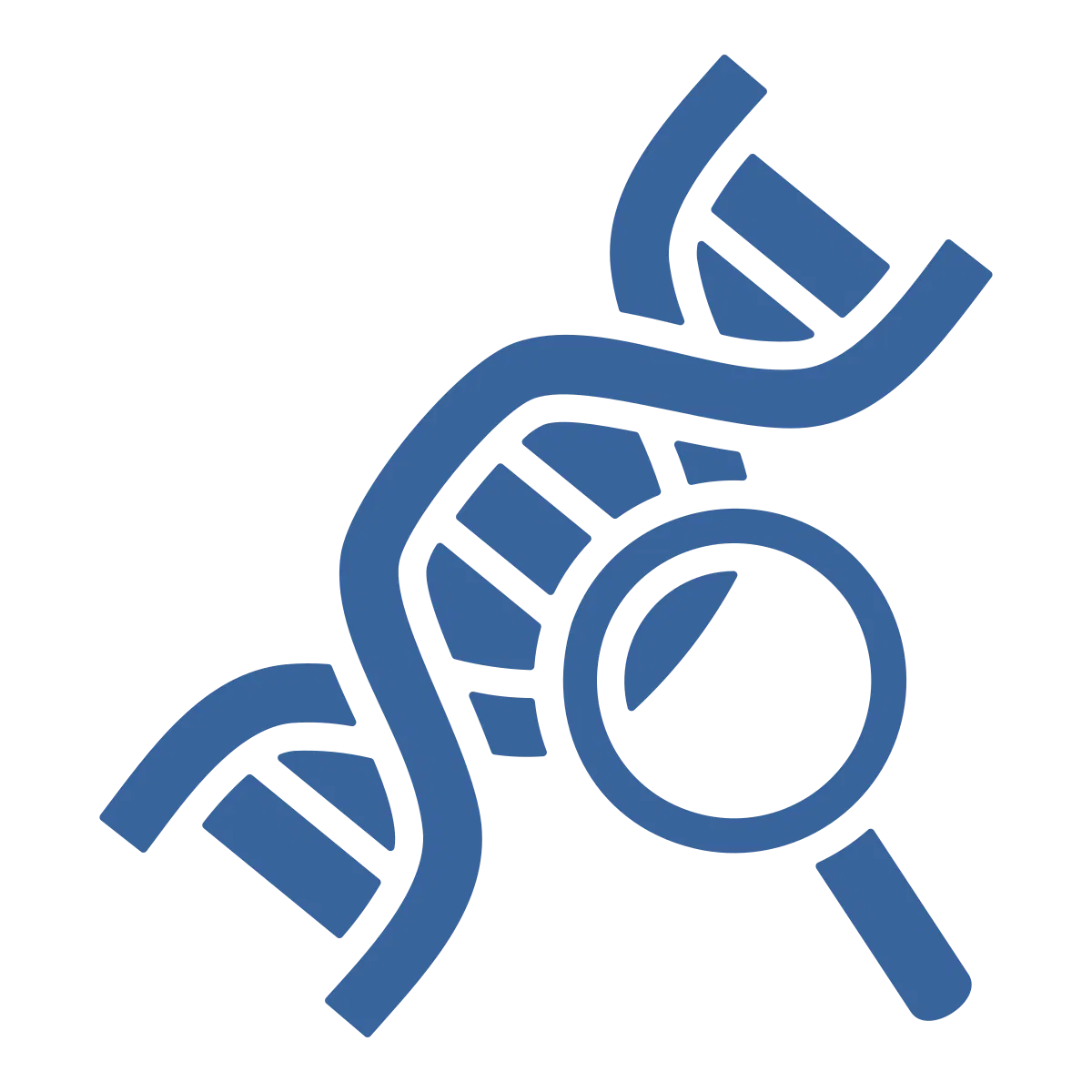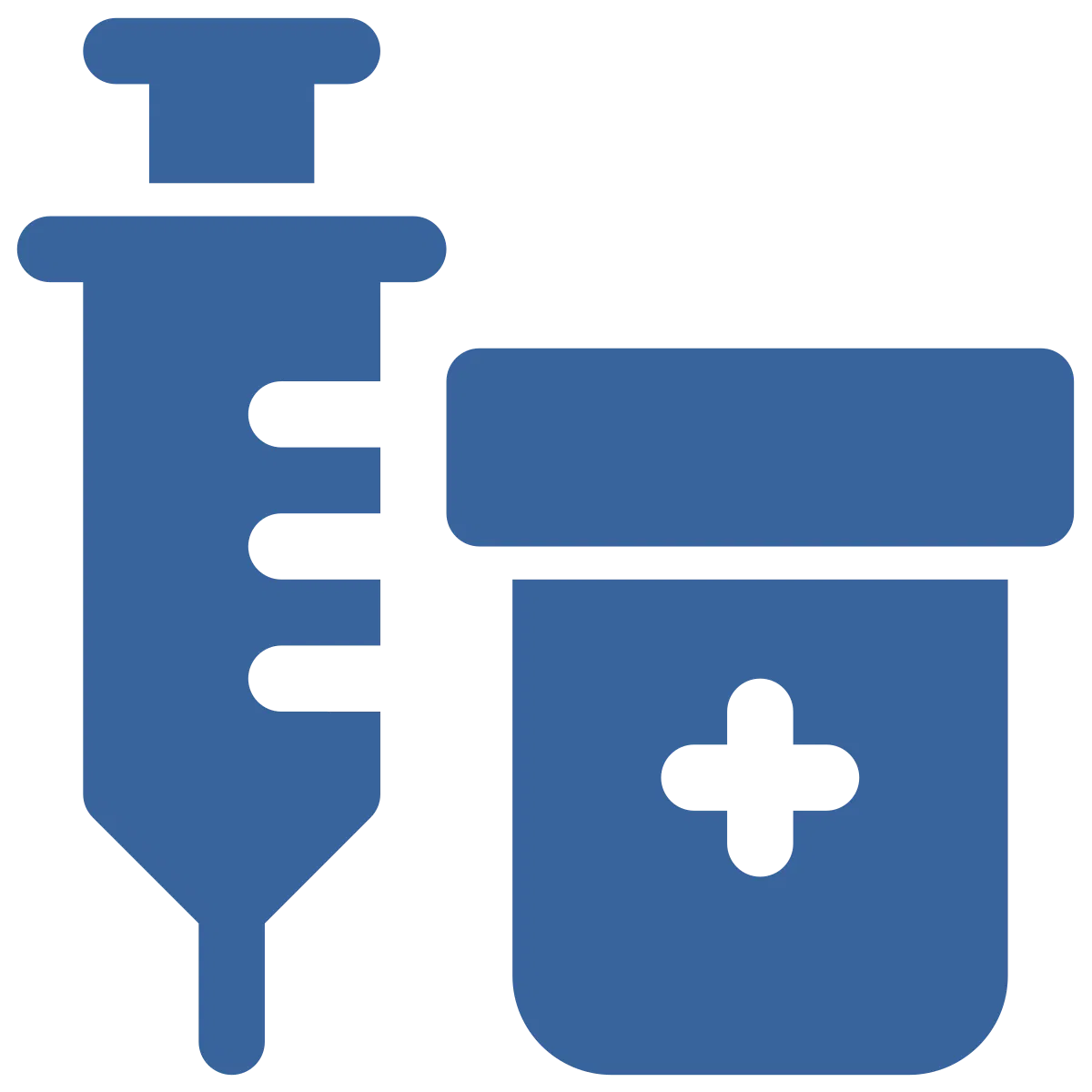Malignant Hyperthermia
Malignant hyperthermia (MH) or malignant hyperpyrexia is a rare life-threatening condition that is triggered by exposure to certain drugs used for general anaesthesia — specifically the volatile anaesthetic agents and suxamethonium, a neuromuscular blocking agent.


For Patients
If you have been told you or one of your family suffers from Malignant Hyperthermia see our information here.
Learn More →
For Geneticists
Many MH families appear to have more than one genetic factor contributing to the risk of MH susceptibility.
Learn More →
For Anaesthetists
MH is an acute pharmacogenetic disorder, which develops during or immediately after the application of general anaesthesia.
Learn More →
Operating Room Staff & anaesthetists
Malignant Hyperthermia
Resource Kit
If you work as an Operating Suite Staff or as an Anaesthetists, MHANZ have developed a Resource Kit for MH.

MH Poster

MH Initial Management

MH Crisis Coordinator




